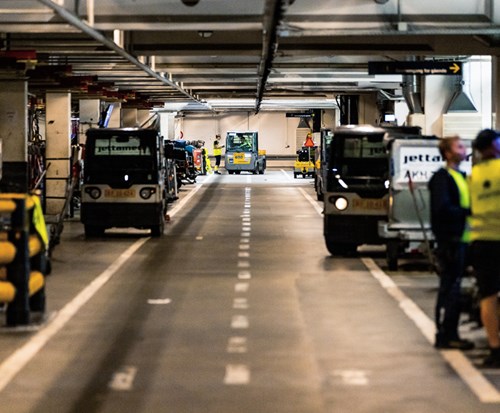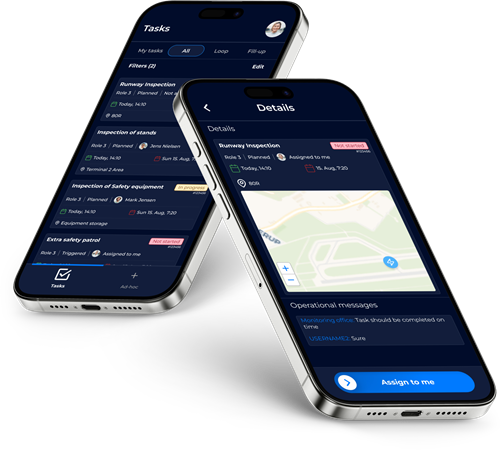COMBINE, CONFIGURE, ADAPT
In order to thrive in the digital age, Airports need a completely different level of adaptability and resilience. This requires an ability to configure for an unknown future based on a flexible and composable IT stack with no hard vendor lock-ins. AIRHART is a strategic development platform allowing you to select between our configurable modules, including AODB, A-CDM and AOP, and combine them with 3rd party modules or your own custom features. AIRHART's composable architectures offers flexibility and freedom to assemble and re-assemble modules as your needs change.


INNOVATE WITH SPEED USING READY-MADE BUILDING BLOCKS
Take a leap towards connected, data-driven airport operations with AIRHART'S Airport Operations Orchestration Platform (AOOP)


INNOVATE WITH SPEED USING READY-MADE BUILDING BLOCKS
Take a leap towards connected, data-driven airport operations with AIRHART'S Airport Operations Orchestration Platform (AOOP)


At CPH we made a bold move and are getting rid of our old core legacy system. We are replacing it with a modern, flexible and modular platform, enabling us to transition, scale and develop in sync with changing needs and requirements.
CEO Copenhagen Airports
AIRHART will enable us to respond more effectively to the evolving needs of airport operations. The solution lays the foundation for modernized workflows designed to meet both current and future needs and is a key enabler towards our strategy as a data driven airport.
Senior Vice President IT at Munich Airport

SOLUTIONS AND USE CASES
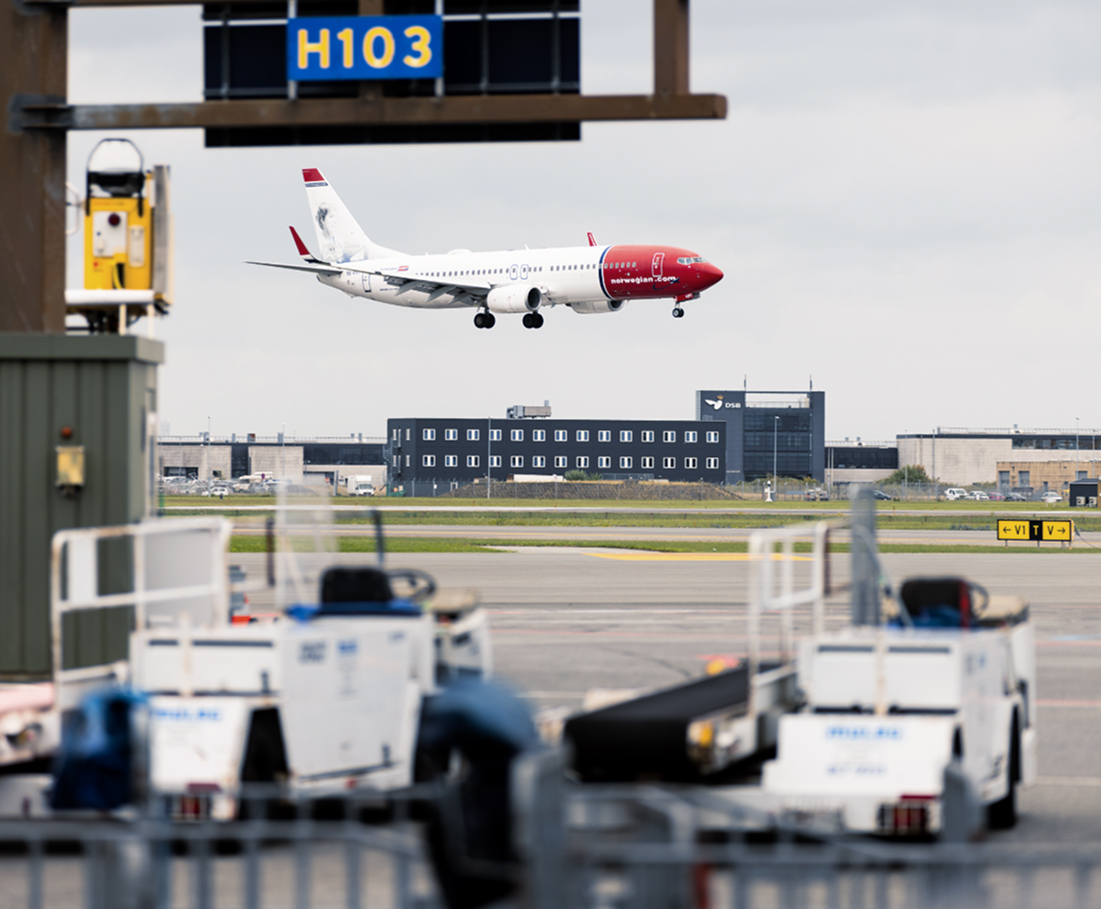
AODB/ACDM
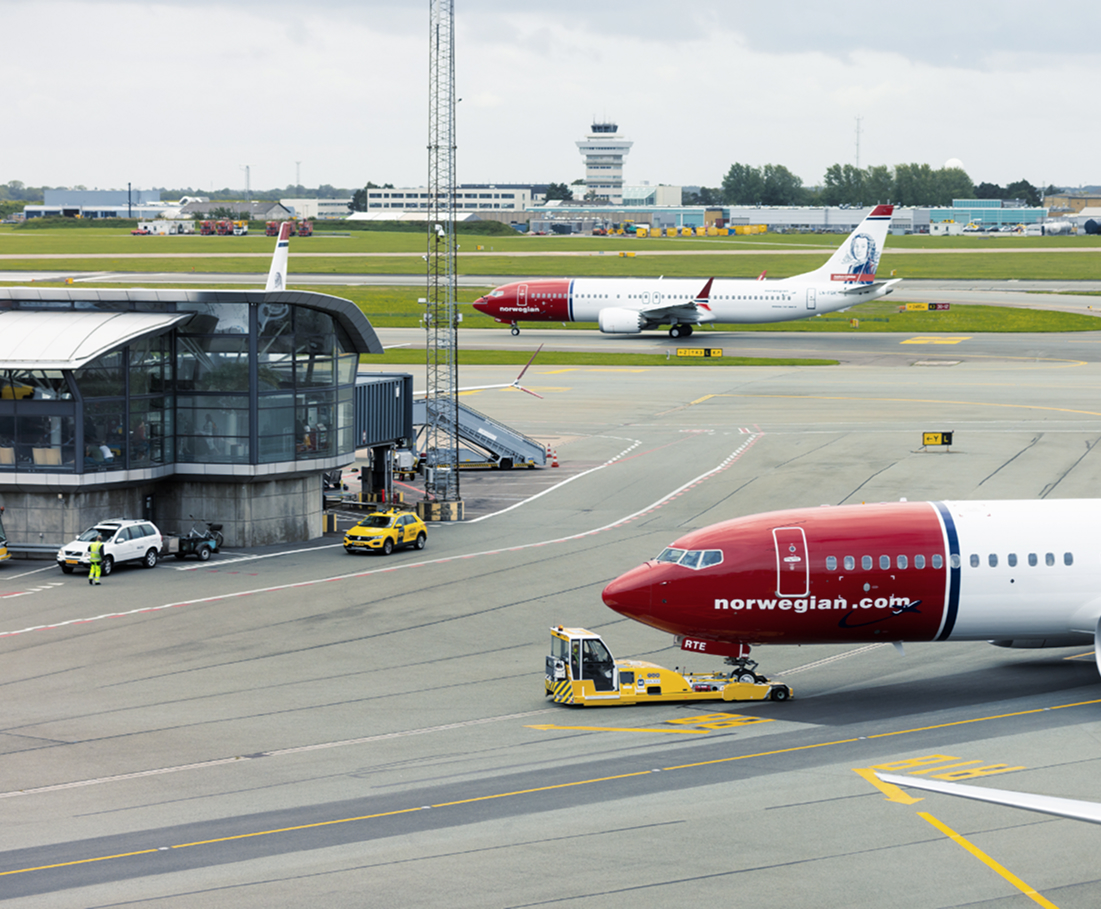
Turnaround management
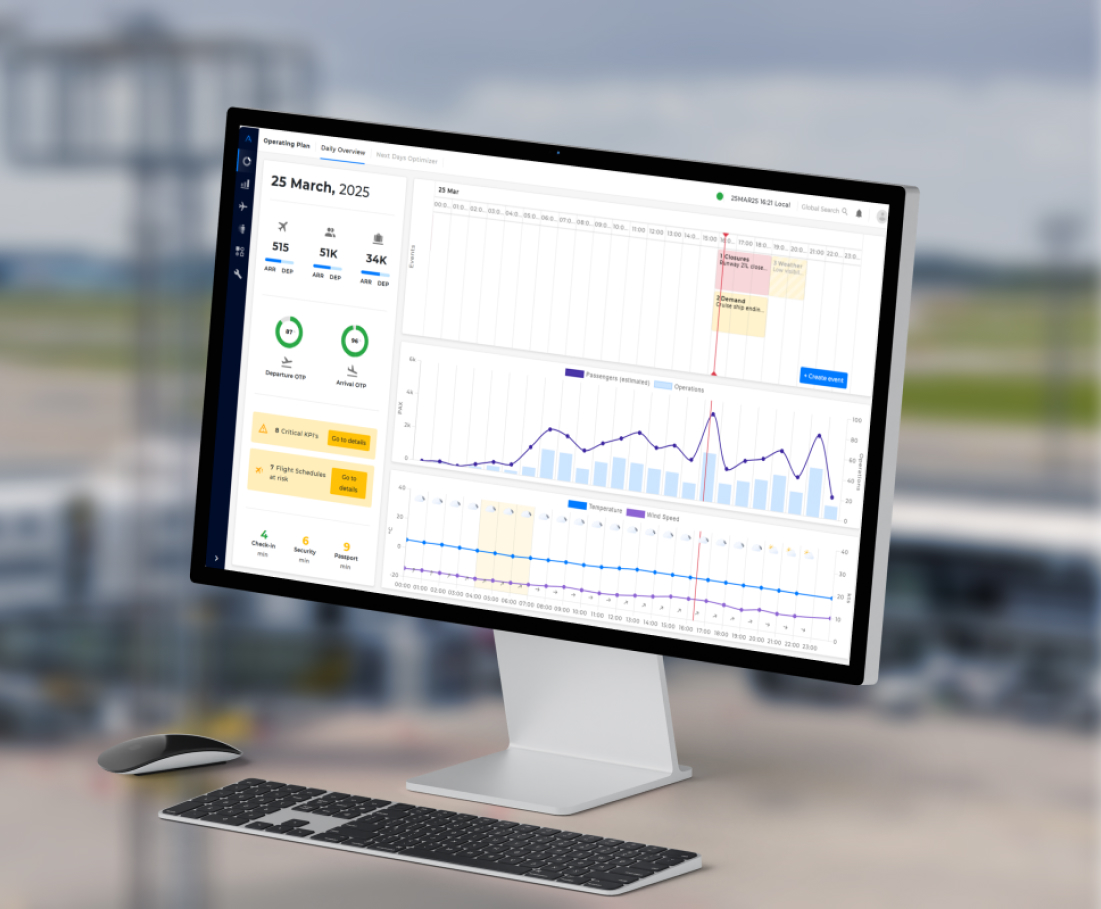
Airport Operation Plan (AOP)

Total Airport Management
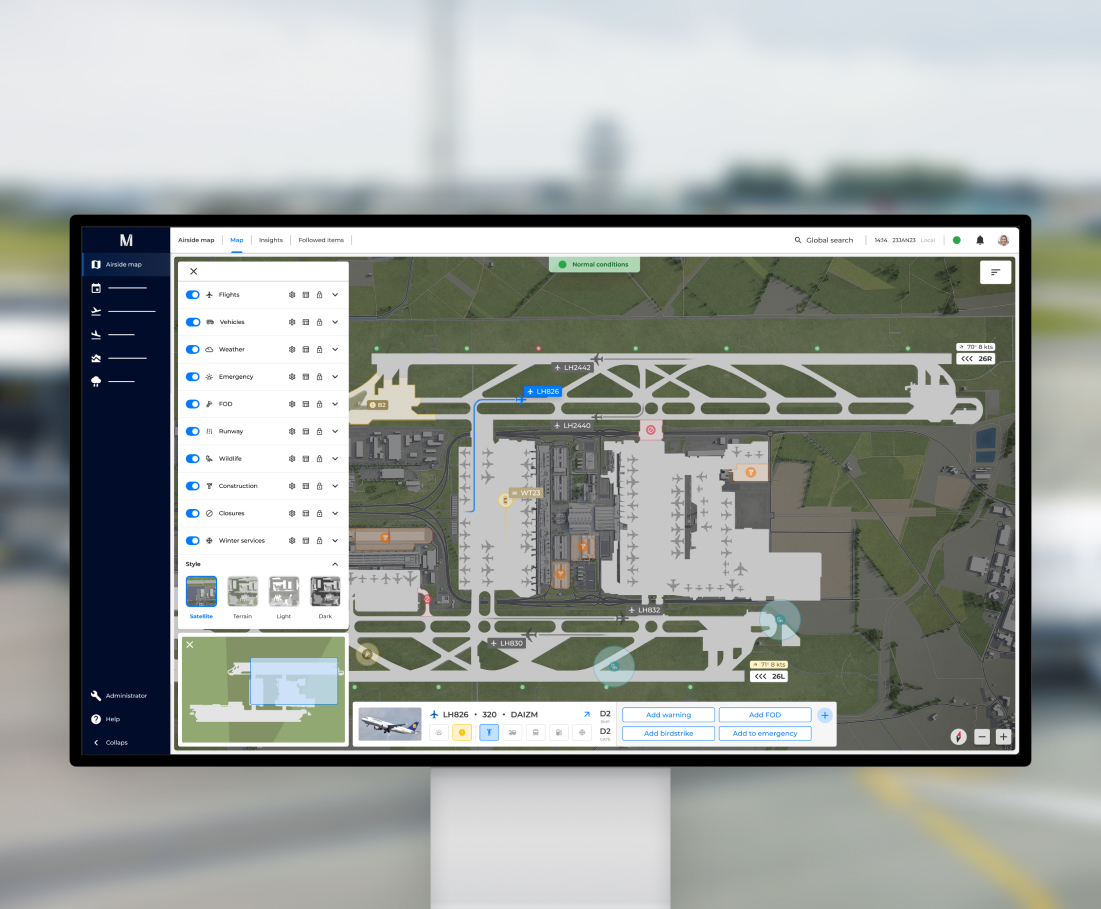
Airside management
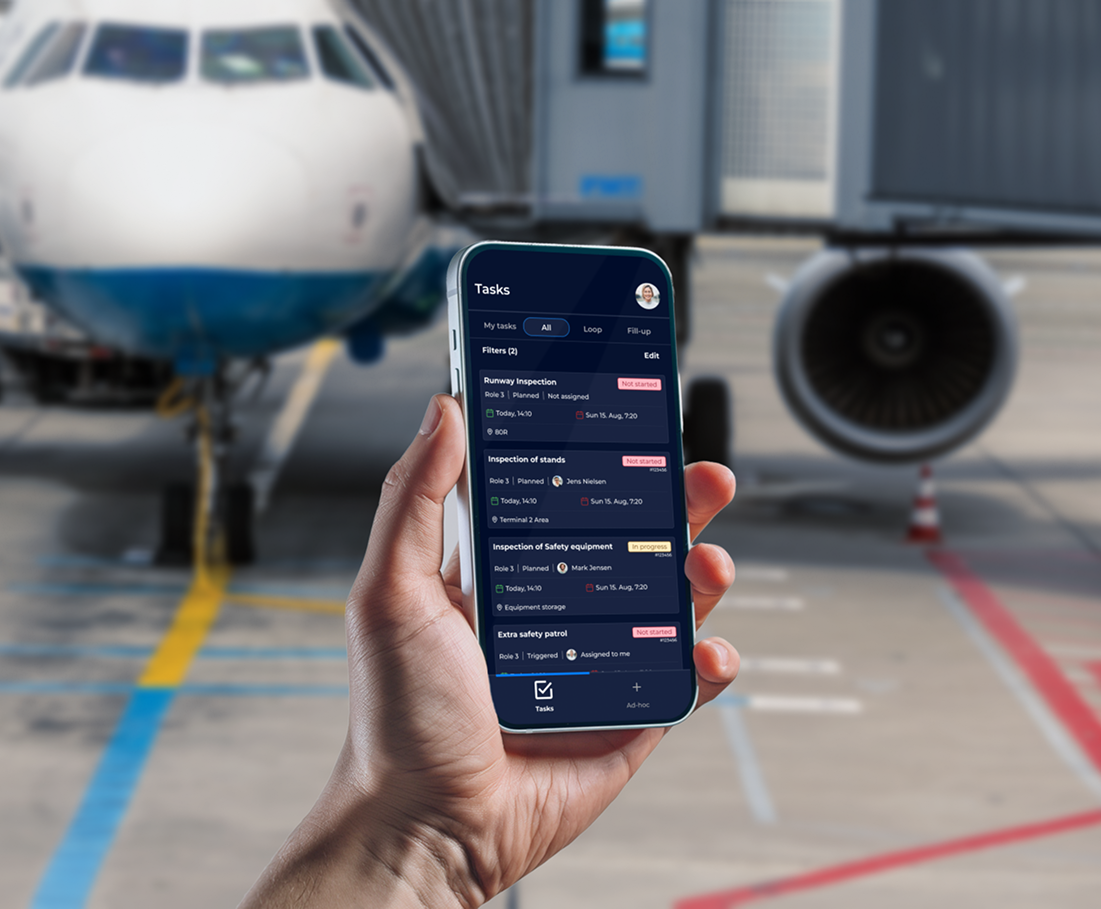
Aerodrome and terminal processes

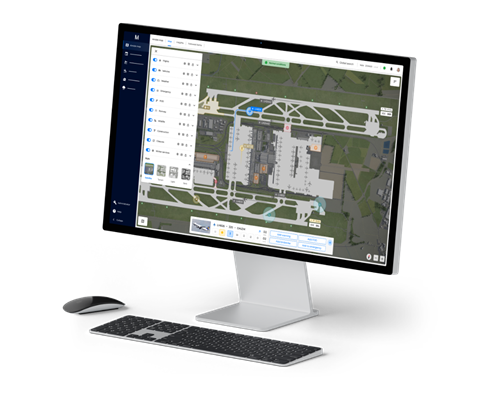 Munich Airport, one of Europe's leading aviation hubs, is on an ambitious digital and strategic
transformation.
With nearly 50 million passengers passing through annually, the airport has chosen AIRHART as its
innovative, total airport management platform.
This strategic decision is set to future-proof Munich Airport's ecosystem, enhancing the travel
experience for millions.
Munich Airport, one of Europe's leading aviation hubs, is on an ambitious digital and strategic
transformation.
With nearly 50 million passengers passing through annually, the airport has chosen AIRHART as its
innovative, total airport management platform.
This strategic decision is set to future-proof Munich Airport's ecosystem, enhancing the travel
experience for millions.

